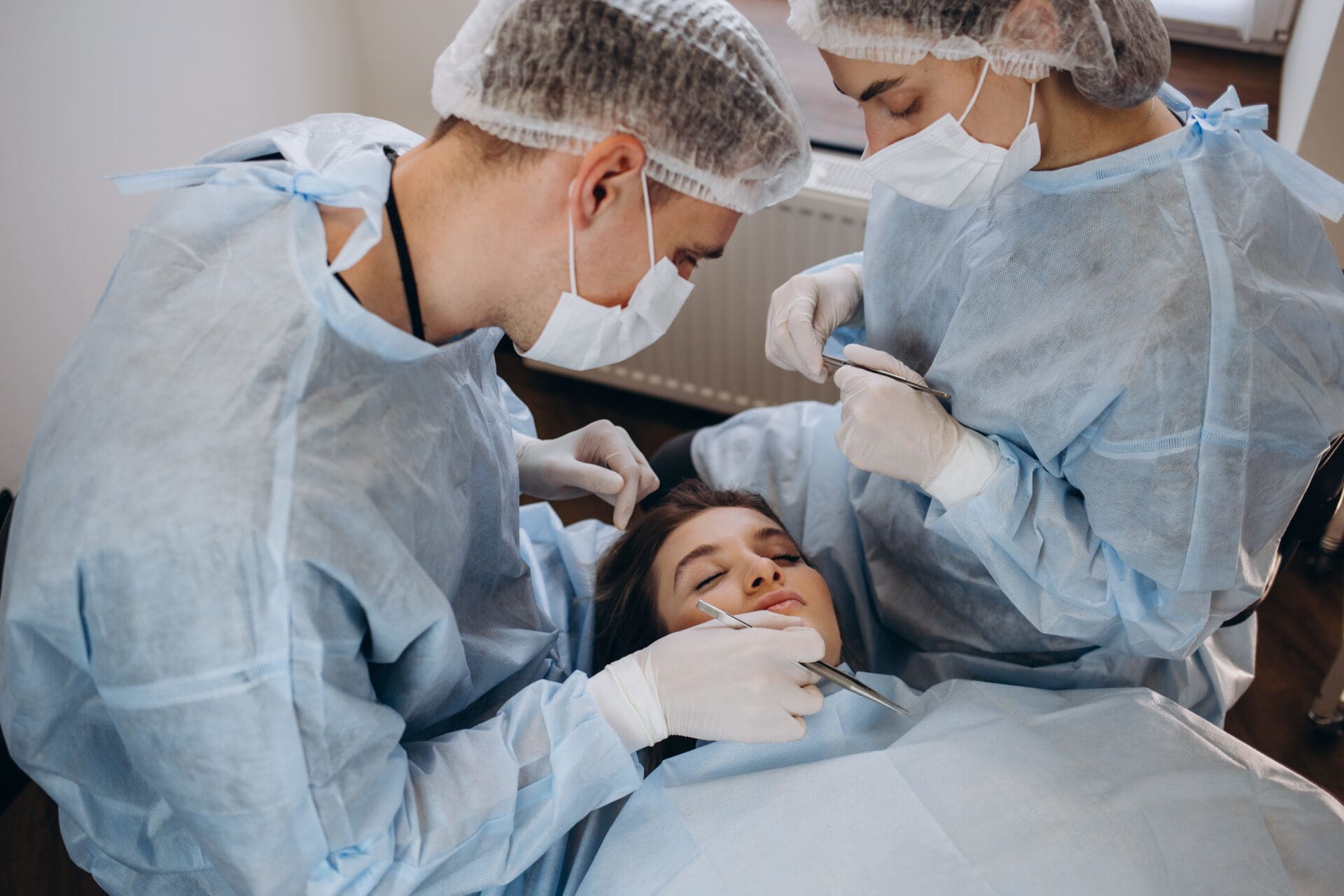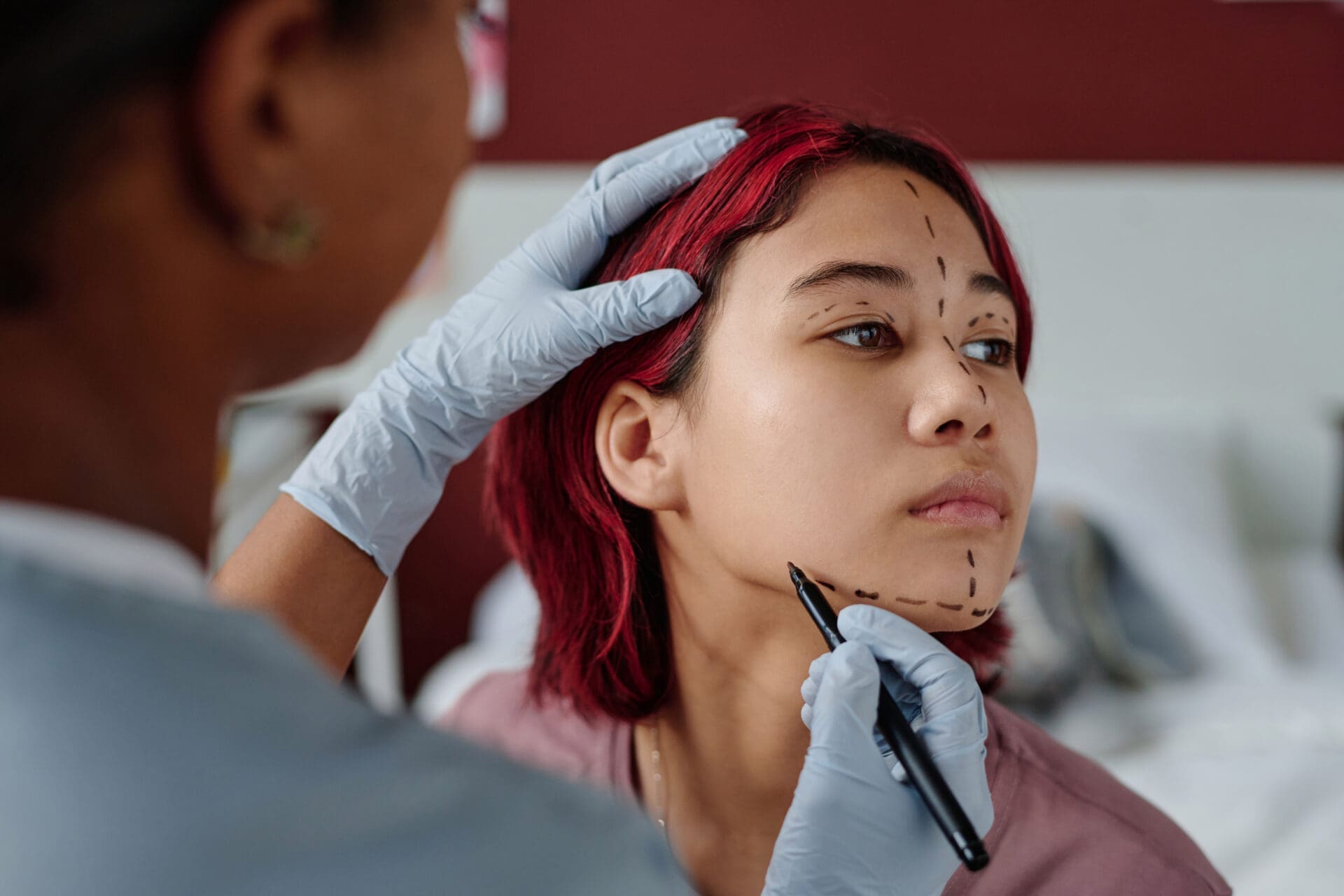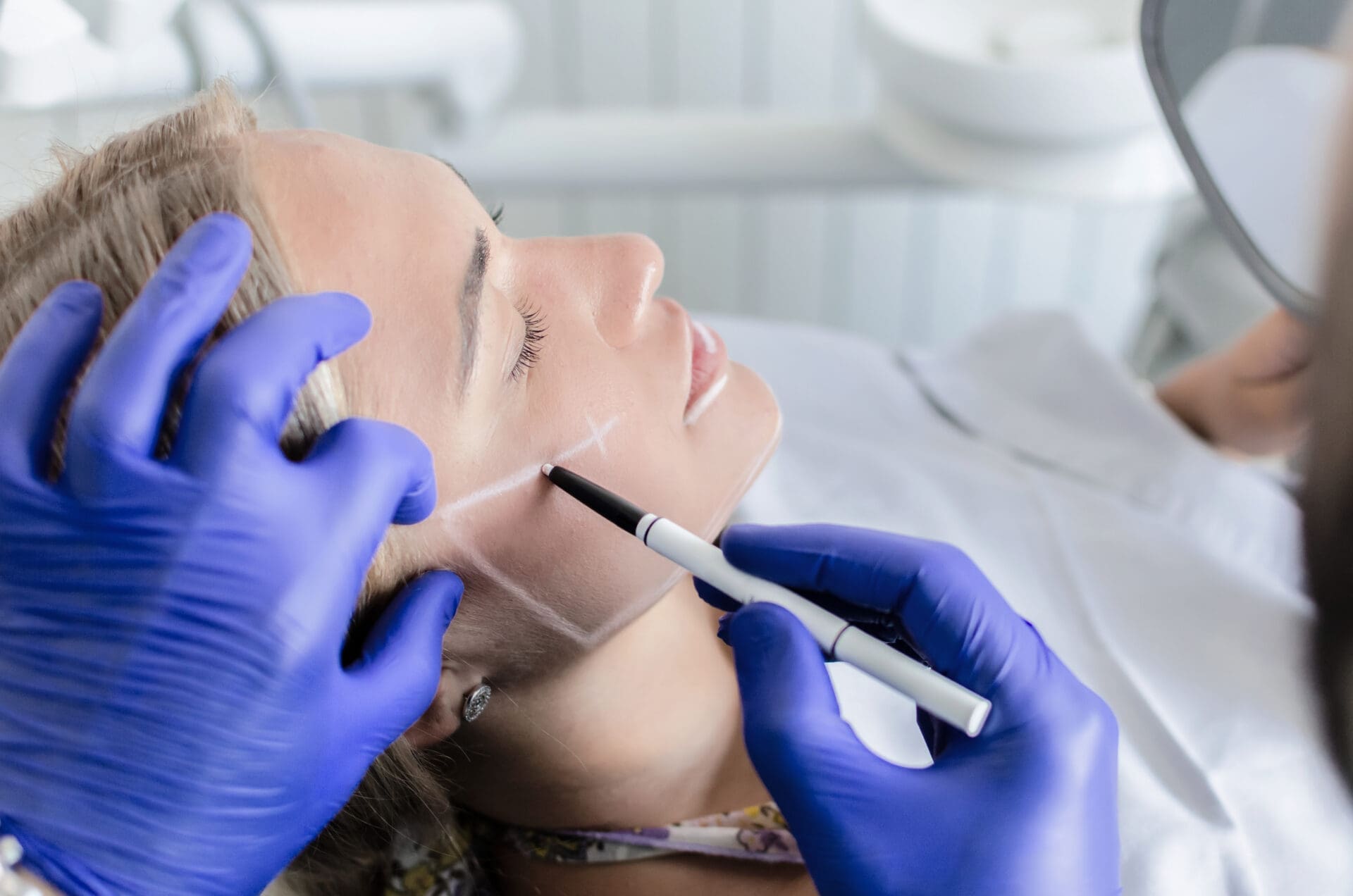Your jaw bone is a vital part of your face as it sets a frame for the rest of your features. If you’re displeased with its appearance, a jaw reduction is worth exploring. Jaw reduction surgery can help resolve an oversized or square jaw to create harmony among the other features on your face. Let’s dive deeper into what jaw reduction surgery is and how you might benefit from this procedure.
What is Jaw Reduction Surgery?

Also known as jaw contouring, jaw reduction surgery is performed to reduce the look of excessively large jaws and slim your jawline. It can help create a softer appearance so that your chin, jawline, and other facial features look more proportionate.
Depending on your unique goals, a jaw reduction may be tailored to improve the masculinity or femininity of your jaw. Dr. Day will work with you to design a customized plan that leads to a refined facial structure and natural-looking results.
Benefits of Jaw Reduction Surgery
The benefits of a jaw reduction depend on how the procedure is performed and what you hope to accomplish. It can leave you with a more contoured jawline and allow you to look more feminine or masculine. For example, the angle of the jaw can be reduced so that the jaw is less wide in gender affirming facial feminization. Or jaw implants can be placed in the same area to achieve a more masculine, defined jawline.Most importantly, it has the potential to boost your confidence and self-esteem.

Who is a Candidate for a Jaw Reduction?
You may benefit from jaw contouring if any of these statements apply to you.
- You believe your large jaw is out of proportion with the rest of your face.
- You wish to resolve congenital abnormalities in the lower part of your face.
- You’d like to achieve a more masculine or feminine facial appearance.
- You hope to improve the symmetry in your face.
- You’re in generally good health and have realistic expectations of the surgery.
- You’re longing for a “V-line” shaped face.
During a consultation with Dr. Day, you can look at before and after photos of real patients who have undergone the procedure and ask any questions you may have. Dr. Day will inform you of whether you could benefit from a jaw reduction. If not, he can suggest an alternative procedure that will allow you to meet your goals.
What Happens During a Jaw Reduction?
Jaw reduction is performed under general anesthesia and usually takes a few hours. During the procedure, Dr. Day will make incisions between your gum and cheek so he can easily access your jawbone. Then, he will carefully remove the ideal amount of bone to reshape the jaw. Next, he will use dissolvable stitches to close the wound.
At the end of the procedure, Dr. Day will apply a surgical dressing or bandage. This will reduce swelling and prompt the healing process. Once the swelling begins to fade away, you’ll start to notice your results. The final results, however, will likely take three to six months to appear so it’s important to be patient.

Recovering From Jaw Reduction
After jaw contouring, you’ll likely experience some pain, inflammation, bruising, and swelling. Rest assured, this is completely normal and will likely subside in one to two weeks. Dr. Day will recommend that you elevate your head while lying down and stick to a soft food diet with foods like soup, applesauce, and pudding for the first few days.
He’ll also provide you with a prescription mouthwash that will help clean the incision sites and reduce the risk of infection. In addition, Dr. Day will encourage you to take it easy, eat a well-balanced diet, and take light walks.
Most patients resume work and everyday activities one week following the procedure. More vigorous physical exertion should be avoided for at least four weeks. Upon discharge, you’ll receive a customized recovery plan and are welcome to contact our office with any questions or concerns.

Schedule a Jaw Reduction Surgery in Bellevue Today!
If you’re interested in a jaw reduction at Pacific Sound Plastic Surgery in Bellevue, we encourage you to contact us for a no-obligation consultation. We can evaluate your abdominal area and help you determine whether you’re a good candidate for this procedure.
Contact Us


